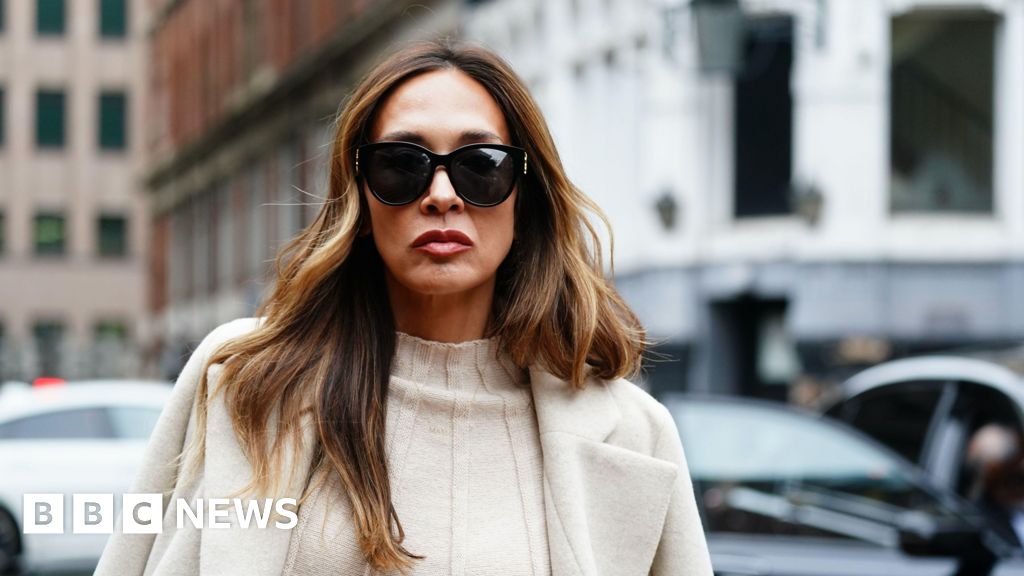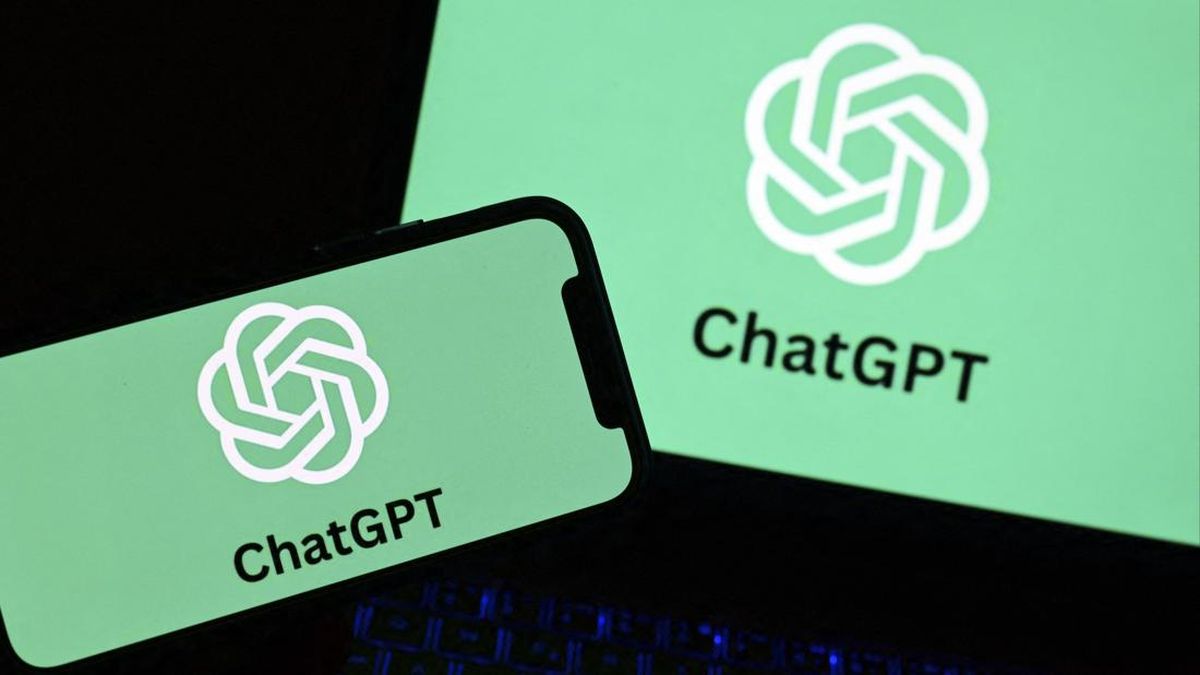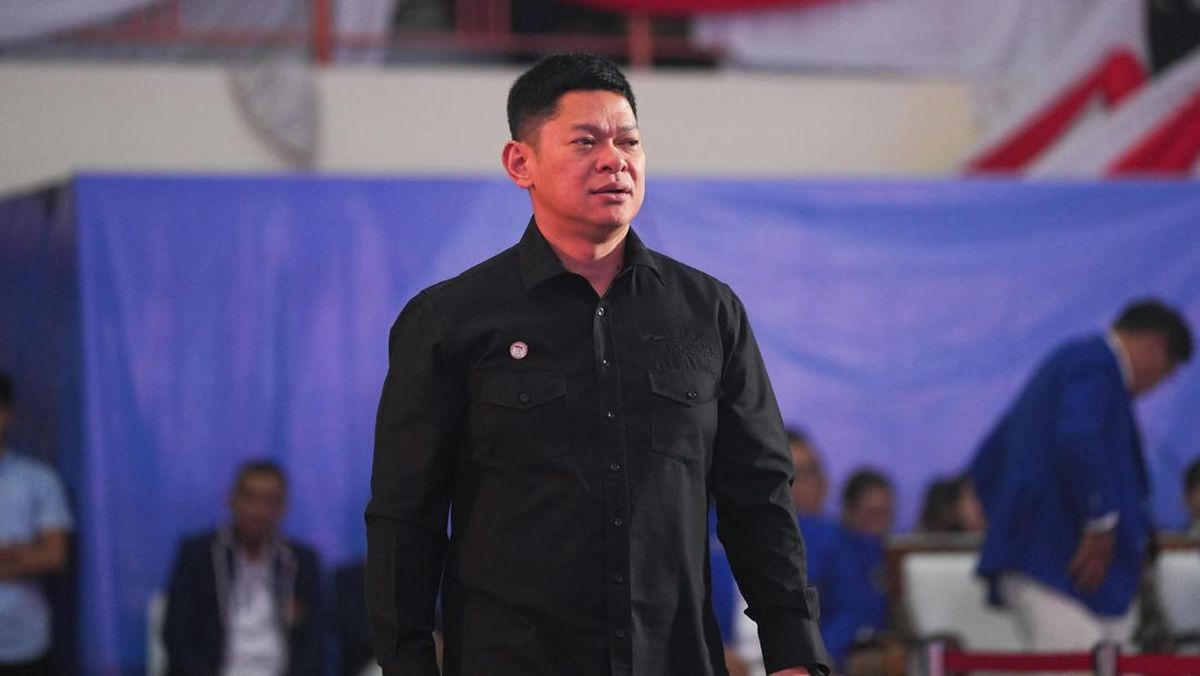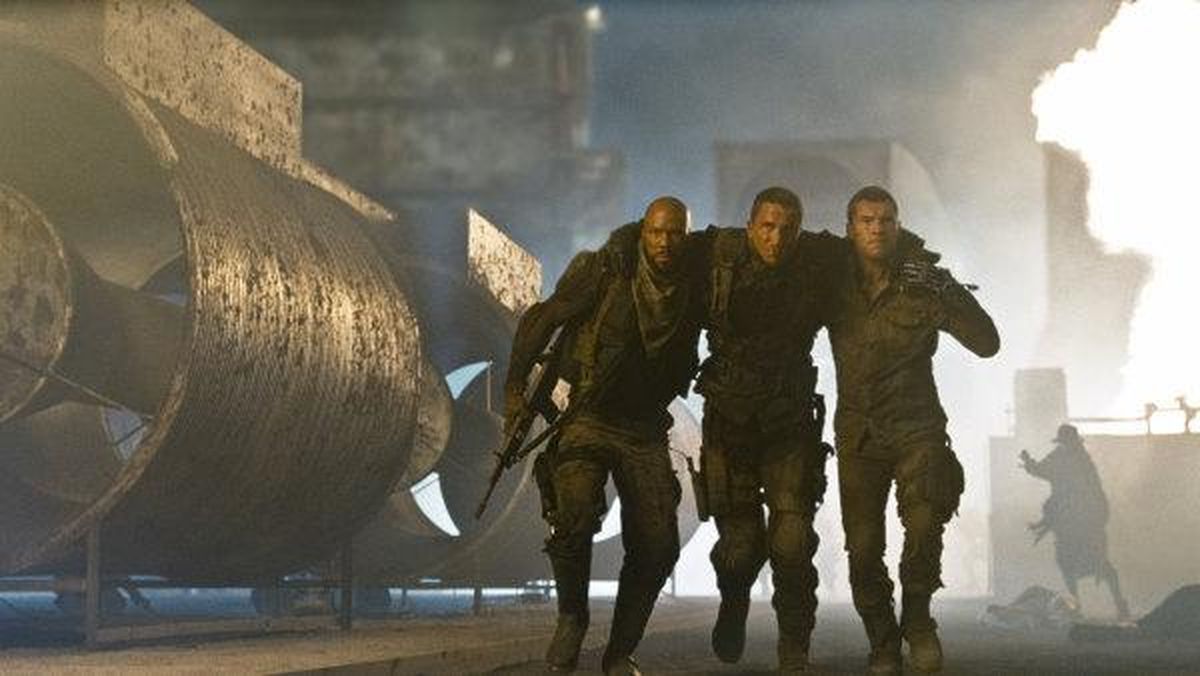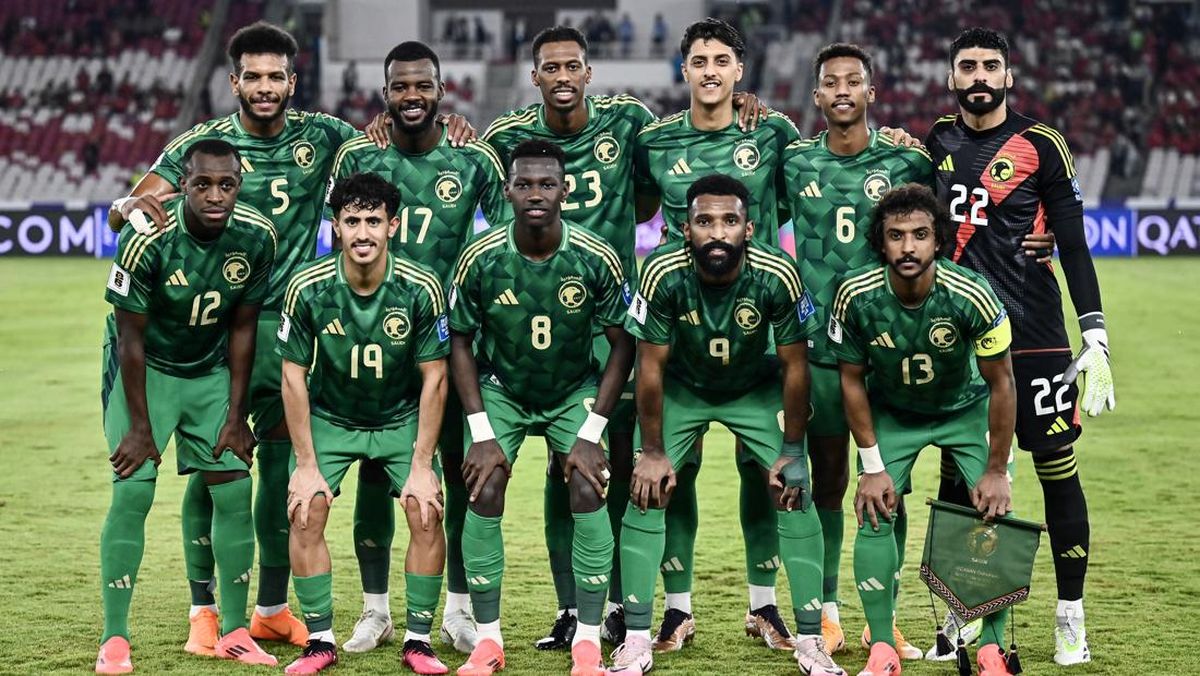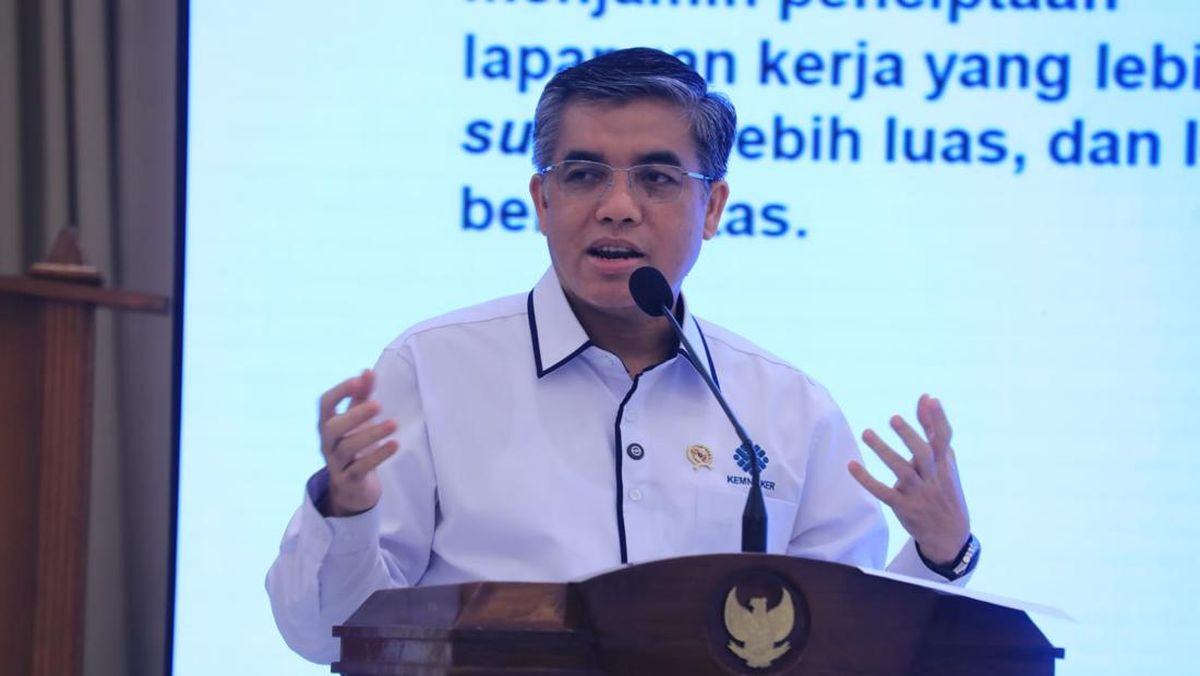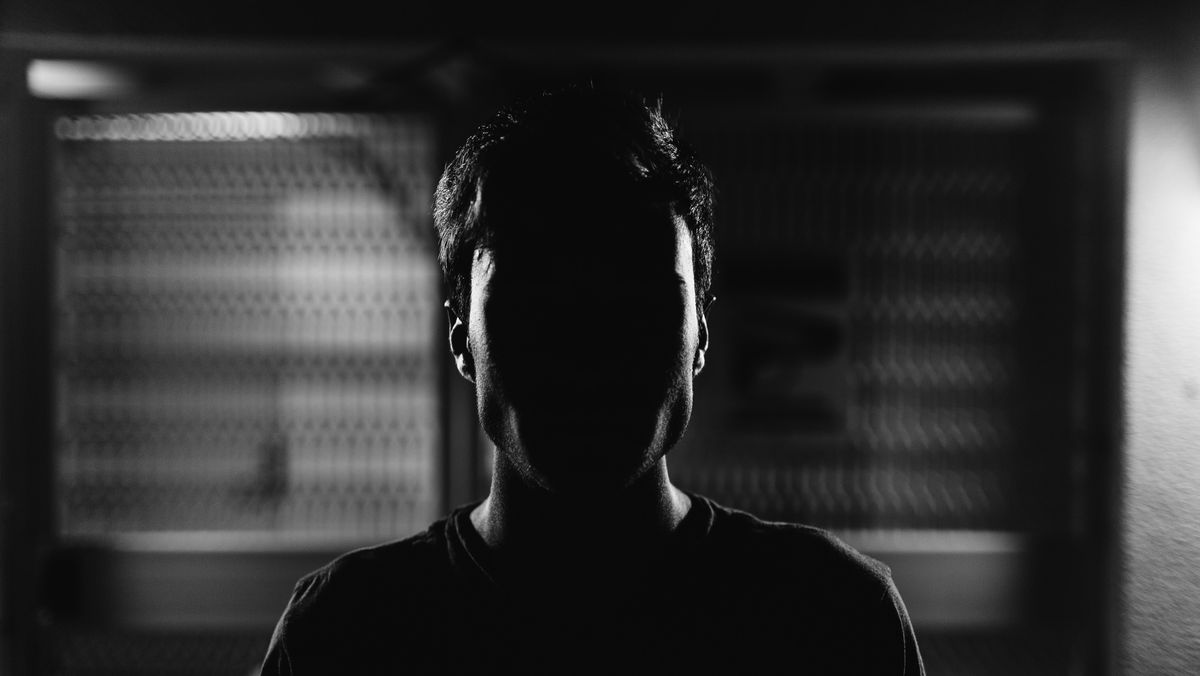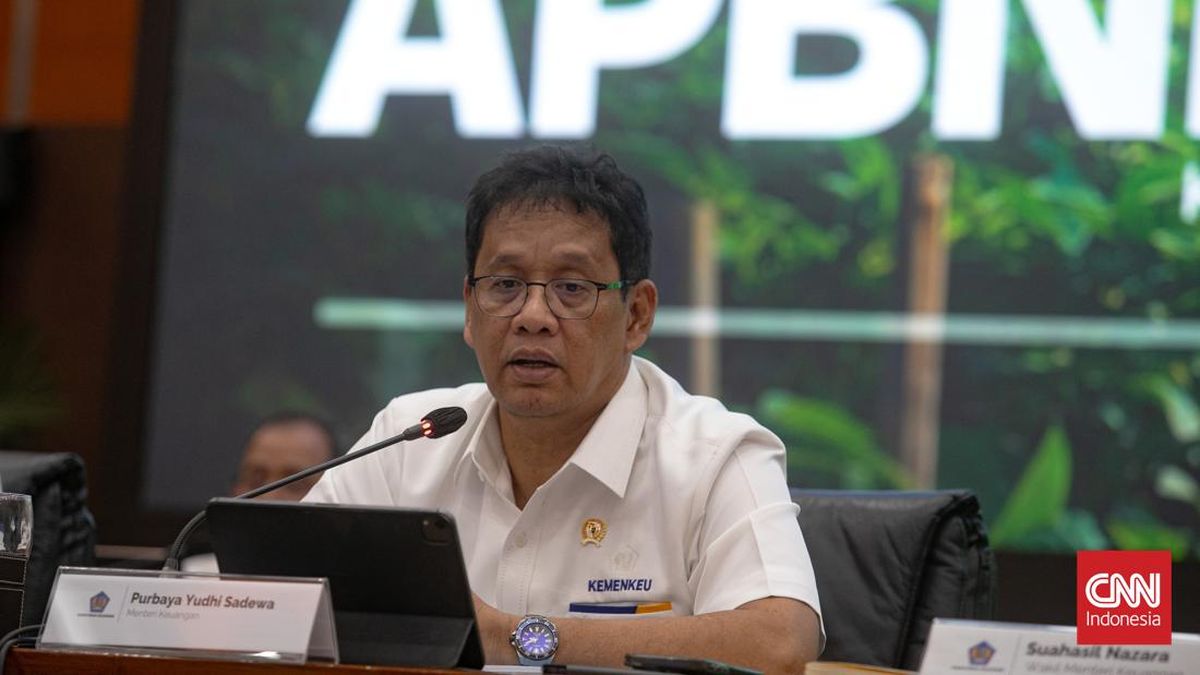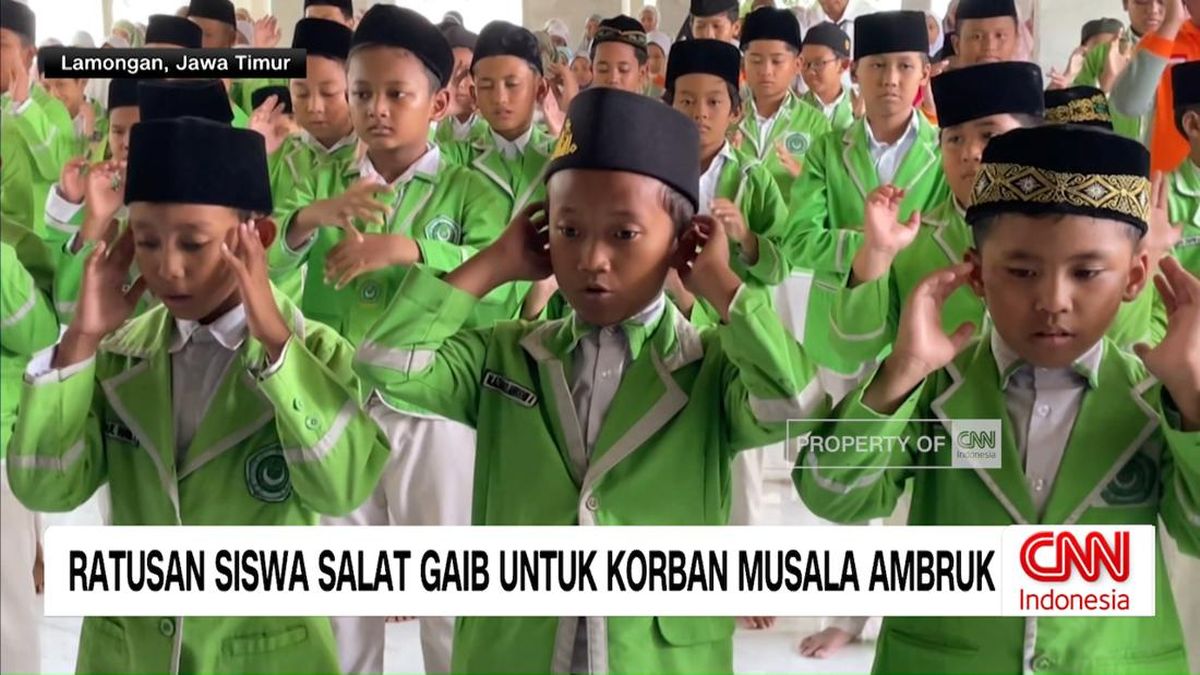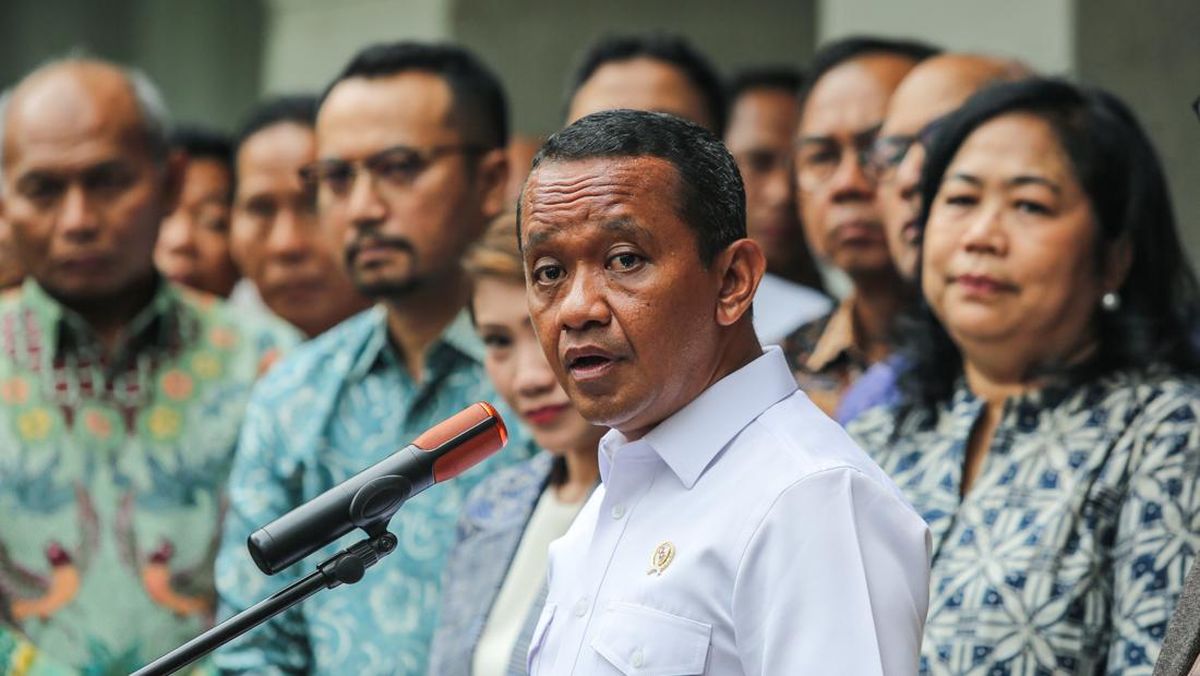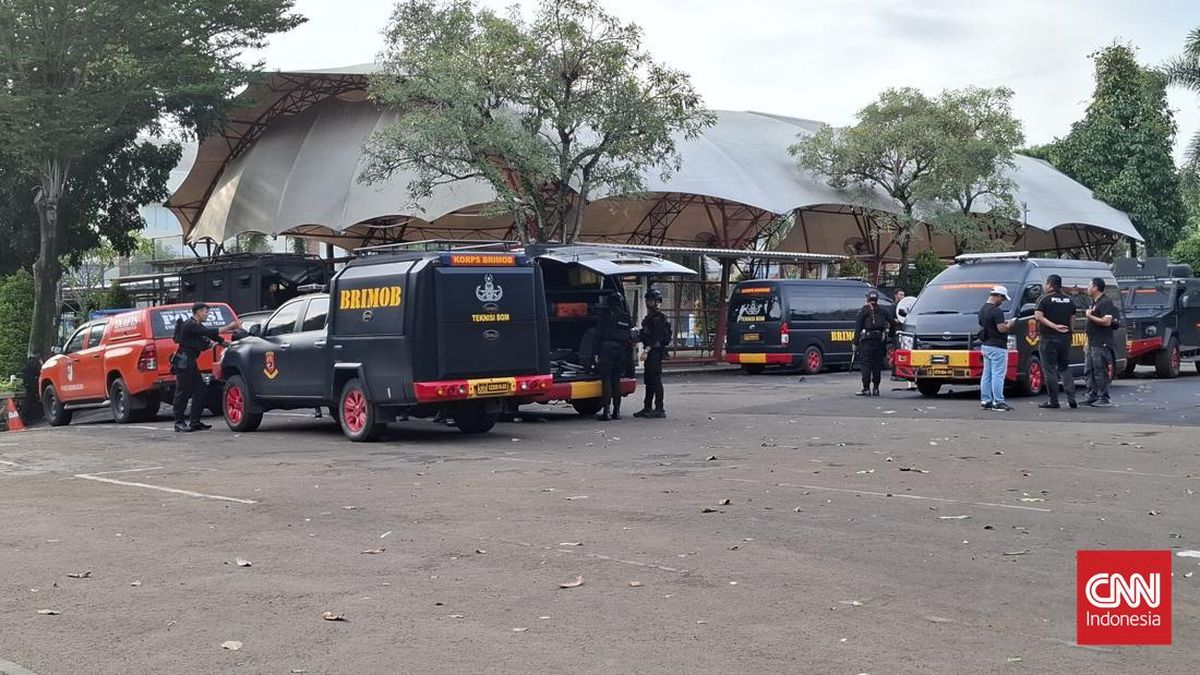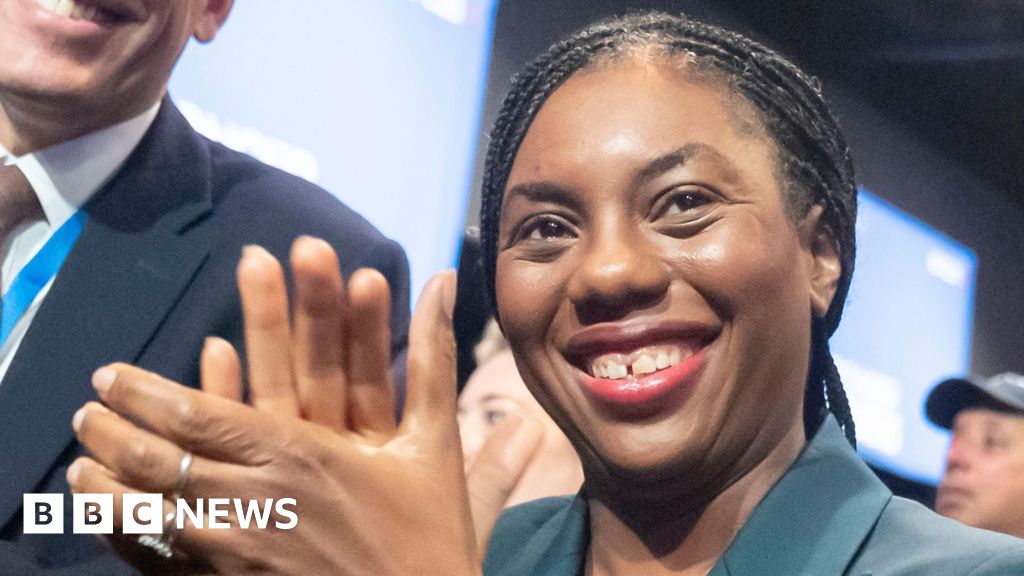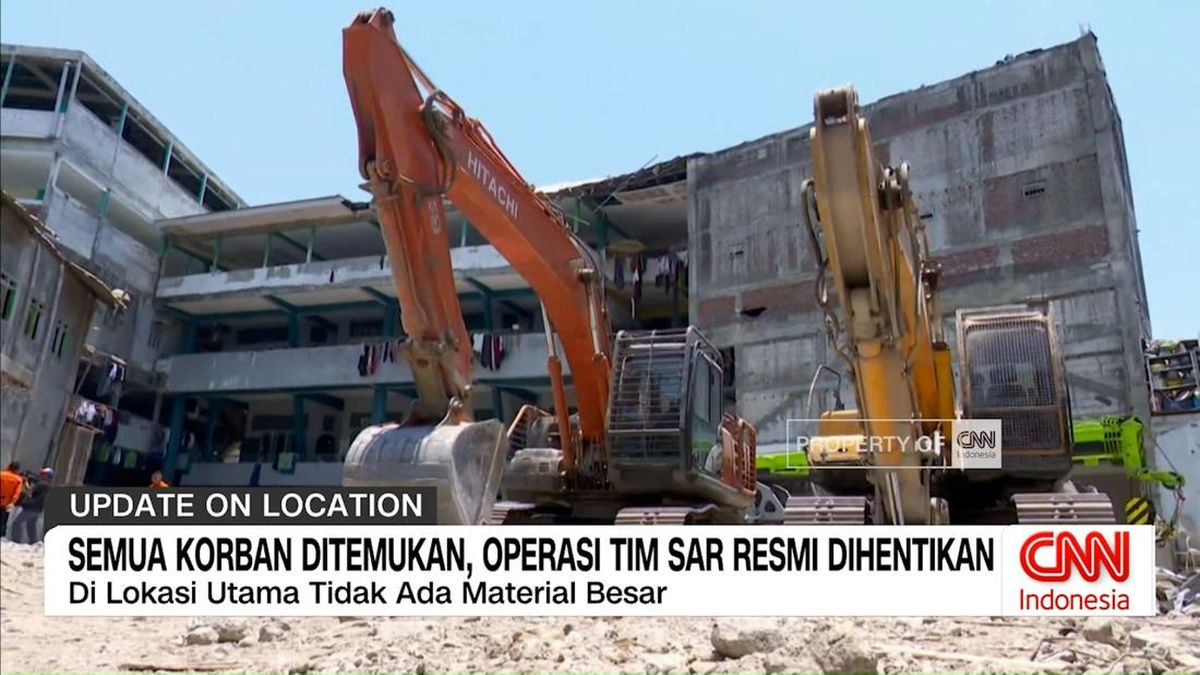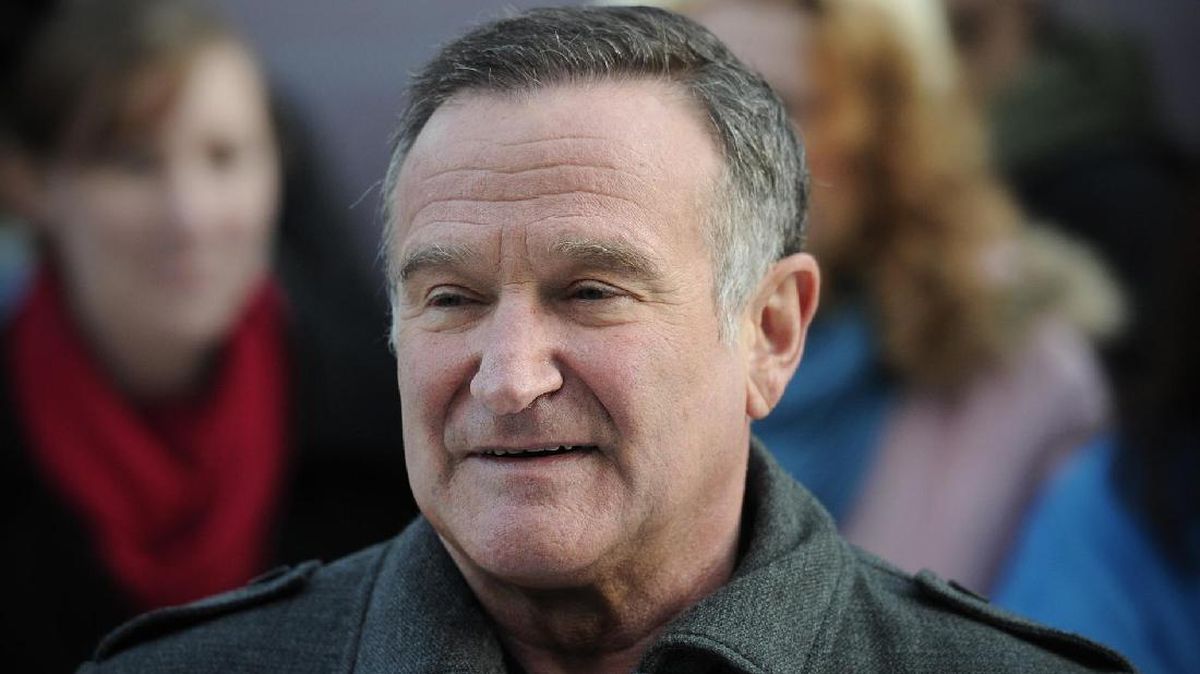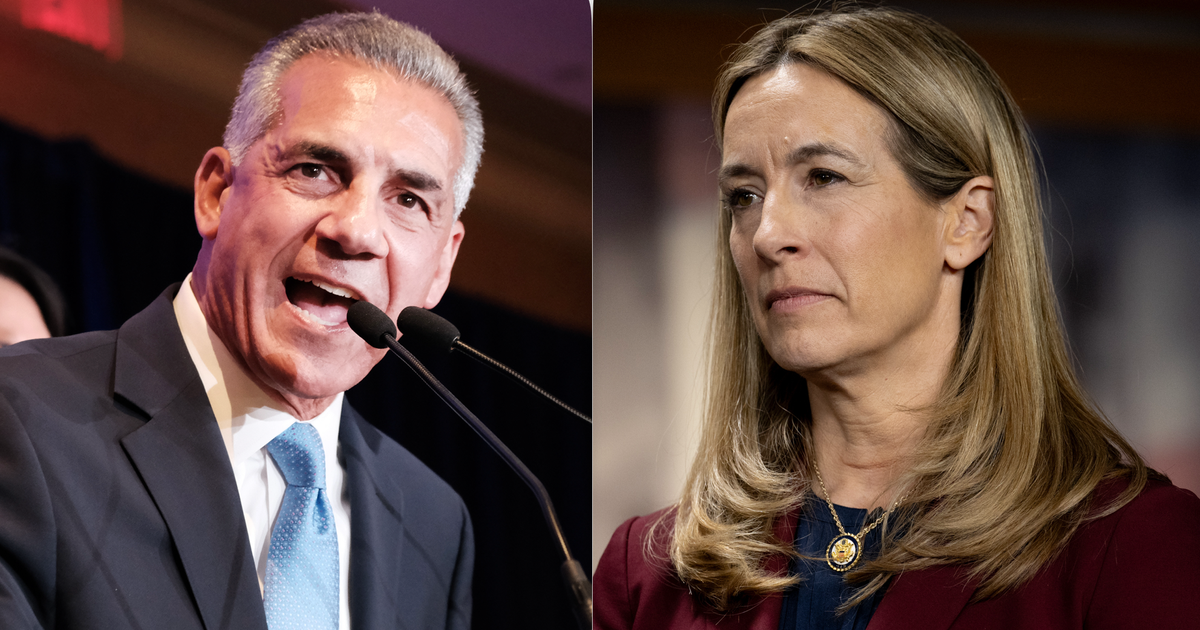Almost eight years after rape accusations against heavyweight movie producer Harvey Weinstein upended the film business and created a powerful social and legal movement fuelled by the hashtag #MeToo, the trial of rapper and record producer Sean “Diddy” Combs was the music industry’s moment of reckoning.
The trial, during which Diddy was accused of racketeering, sex trafficking and transportation to engage in prostitution, included allegations that the 55-year-old rapper abused women, paid them to keep silent and used drugs to control them.
Combs was on Thursday (AEST) found guilty of two counts of transportation to engage in prostitution, but acquitted on the remaining three charges of sex trafficking and racketeering. He had pleaded not guilty to all charges.

Sean “Diddy” Combs in 2020.Credit: AP
Over the course of six weeks of testimony, witnesses on the stand in New York’s Daniel Patrick Moynihan courthouse described staged sexual encounters referred to as “freak offs”, lifting the lid on a troubling Hollywood music subculture of sexual exploitation and abuse.
The allegations, meticulously laid out in court, were deeply damaging to the integrity of the music business, much in the same way #MeToo left the film business wrestling with itself.
Whether this becomes an inflection point for the music industry, however, remains to be seen. Diddy’s acquittal on three of the five charges would suggest it may not.

In this courtroom sketch, Sean “Diddy” Combs reacts after he was convicted of prostitution-related offenses but acquitted of sex trafficking and racketeering charges that could have put him behind bars for life.Credit: AP
As with #MeToo, there is a tendency to explain away the headlines as an unanticipated deviation from business as usual, rather than a reflection of patterns of behaviour which are dangerously and deeply entrenched in the way business is done.
And unlike the #MeToo scandal, which landed in a moment of deep reflection, the Diddy trial has rendered its verdict in a vastly different America: an intersection of Trumpian politics, anti-woke sentiment and aggressive rewriting of cultural history.
The fact that Diddy had been seen as a solitary figure in the defendant’s box in a New York courtroom also helped to disconnect the scandal from the wider problem. The images of him make us perceive him in isolation, granting distance from the who’s who of Hollywood, whose names and numbers populate his contact book, and whose presence at his parties empowered him.
A search of paparazzi images from Diddy’s birthday parties, annual “White Parties” and other events turns up everyone from Naomi Campbell to Mary J. Blige and Usher, Justin Bieber, Mariah Carey, Jay-Z, Beyoncé, Kanye West, Ashton Kutcher, Prince Harry, and all the Kardashians, including Kim, Kris, Khloe, Kourtney and Kylie.
Even US President Donald Trump, who has attended the US Open with Diddy, once called the disgraced rapper a “good guy”, during an episode of his pre-presidential reality television series The Apprentice.
Loading
None of that is to say that any of those people have ever been involved in any wrongdoing. But it is a formidable demonstration of Diddy’s connections, and a reflection of the power which stems from that.
In the aftermath of the trial, even with a partial acquittal, Diddy himself is undoubtedly PR poison. That Rolodex is going to spin very thin, to be sure. And the public relations machinery of Hollywood’s A-list will be working overtime to make sure their clients are not named in stories connected to the trial’s coverage.
But whether anything more meaningful comes from this remains to be seen. And whether Diddy has any long-term business cachet in a business known for short memories and few actual morals, can be better assessed when the comeback trails of men like Louis C.K. and Kevin Spacey can be better measured.
Within one year of #MeToo, some 425 prominent men had been named as predators across a range of industries, but notably the entertainment industry. It also resulted in the formation of the Time’s Up Legal Defence Fund, which provides legal support to individuals who have been subject to workplace sexual harassment.
In the longer aftermath of #MeToo, however, structural change was not always discernible. In the US, many states, including California, New Jersey and New York, now have banned non-disclosure agreements (NDAs) in sexual misconduct cases, and some states have removed the statute of limitations for reporting sexual crimes.
Visible change often seems glacial. The Speak Out Act, for example, renders non-disclosure and non-disparagement agreements related to allegations of sexual assault and/or sexual harassment signed before the dispute arises, or before a lawsuit is filed, unenforceable. But that was not signed into law until December 2022. Check your diary: that’s five years after #MeToo.
Hollywood, too, is not a business that takes self-examination too comfortably. It is, in truth, an impersonal and often unethical business in which people and what is “right” are often tossed aside in pursuit of profit. And truer in 2025, amid the dismantling of diversity, equity, and inclusion frameworks, and so-called “woke” thought, than ever before.
Support is available from the National Sexual Assault, Domestic Family Violence Counselling Service at 1800 RESPECT (1800 737 732).
Must-see movies, interviews and all the latest from the world of film delivered to your inbox. Sign up for our Screening Room newsletter.
Most Viewed in Culture
Loading

